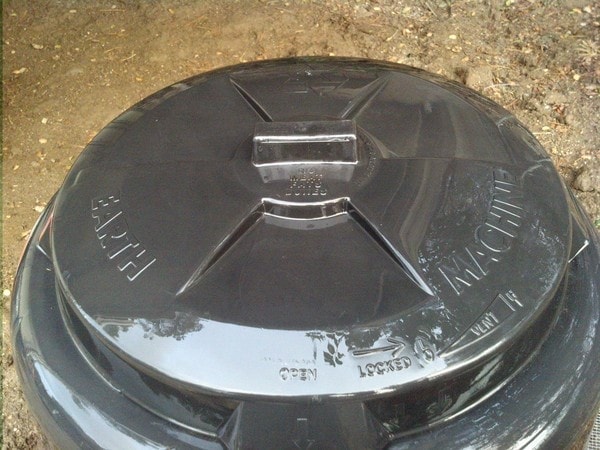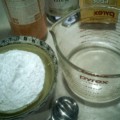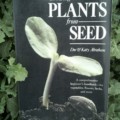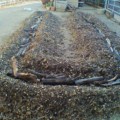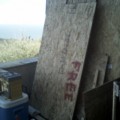Many wonderful things have been happening here at the community. We’ve had some very productive meetings as of late. Many plans to improve the land and our quality of life. As one of these meetings was taking place, I mentioned that I noticed some issues with our community compost pile. Put another way, I walked by the pile and it smelled of every awful thing imaginable. Come to find out someone was putting their baby’s diapers in there. So I was volunteered to put together a simple composting guide and thought I might share this with you. This is of course a simplified guideline that is meant to get your feet wet, not an in depth discussion. If you feel I forgot something, let me know, and I’ll edit the list.
Compost piles should:
- Be vegan – no animal products of any kind
- Not have any plants that have gone to seed, unless you want them to randomly sprout
- Not contain any chemicals or pesticides
- Be as moist as a damp sponge
- Not be compacted, so air can get to all parts of the pile
- Ideally have all the parts chopped as small as convenient
- Be two to four times as much carbon as nitrogen materials – this means that every time you put your kitchen scraps or nitrogen full materials you should add two to four times as much carbon so as to maintain the ratio.
Do Compost:
Nitrogen: Barnyard manure, Coffee grounds, Flowers, Healthy fruits & vegetables, Grass clippings, Green leaves, Sod, Weeds – not gone to seed, Uncooked kitchen scraps, Straw ,Tea leaves with bags, Wood shavings
Carbon: Wood ash – in small amounts, Bread, Coffee filters, Dry leaves, Crushed eggshells, Hair, Sawdust, Lint, Paper with no ink – in small amounts
Do Not Compost:
Bones, Invasive weeds, Glass, Lard, Cat litter, Meat, Cardboard, Dairy Products, Chicken, Oils, Diapers, Peanut butter, Diseased plants, Salad dressing, Dog & cat feces, Non Organic materials, Fish, Unchopped woody waste, Greasy foods, Vegetable oils, Plastics, Metals

